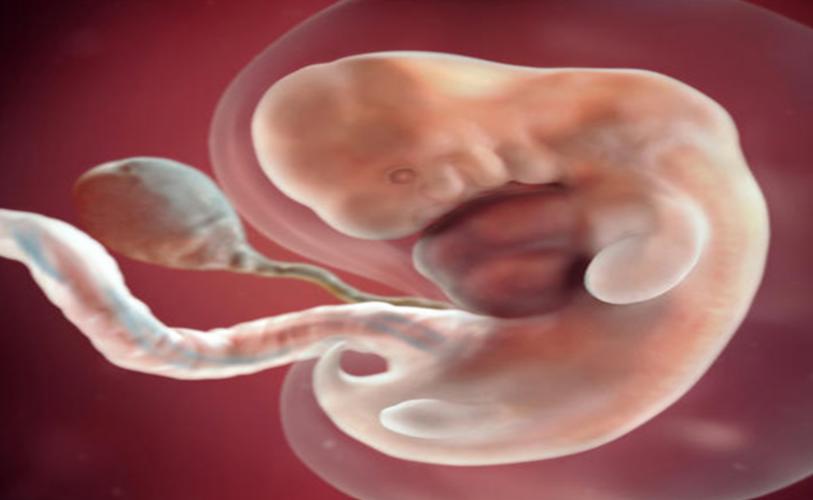7 Weeks Pregnant: Your Baby's Development and Changes in Your Body
Welcome to week 7 of your pregnancy! Your baby continues to develop rapidly, and your body is adapting to these changes. You've reached an important milestone in your pregnancy, and this week brings significant developments for both you and your baby.

Baby Development at 7 Weeks
By this week, your baby is growing at an accelerated pace, with organs continuing to form. Although still tiny, critical advancements are happening.
- Baby's Size: At 7 weeks, your baby is approximately 1.1 cm long, about the size of a blueberry.
- Brain Development: Your baby's brain is developing rapidly. Neurons are forming connections, creating the complex structure of the brain.
- Facial Features: This week, your baby's facial features become more defined. Eye sockets, nostrils, and the mouth begin to take shape.
- Limb Buds: The buds for arms and legs are growing more noticeable, and elbow and knee joints are starting to form.
- Heart and Circulatory System: Your baby’s heart is beating strongly this week, pumping at a rate of about 90-110 beats per minute.
Symptoms You Might Experience at 7 Weeks
As your pregnancy progresses, hormonal changes may cause a variety of symptoms. These symptoms can vary from woman to woman, but some of the most common signs include:
- Morning Sickness: Nausea may become more pronounced during this week. Some women may experience nausea throughout the day.
- Fatigue: As your body works hard to support your baby's growth, you might feel more tired than usual. This is largely due to the increased levels of the hormone progesterone.
- Breast Tenderness: Your breasts may continue to feel sore and swollen, and your nipples may become more sensitive.
- Mood Swings: The fluctuation of hormones can cause your emotions to feel a bit erratic. You might find yourself happy one moment and anxious or sad the next.
- Frequent Urination: Rising hormone levels and a growing uterus putting pressure on your bladder can cause more frequent trips to the bathroom.
What to Focus on This Week
During this stage of pregnancy, it’s crucial to take care of both your physical and emotional health. Here are a few tips to help you navigate this week:
- Eat Healthily: Your baby’s brain and nervous system are developing, so ensure you're getting enough folic acid and omega-3s. Include leafy greens, fish, and walnuts in your diet.
- Exercise Regularly: With your doctor’s approval, light exercises like walking or yoga can help boost your circulation and energy levels.
- Stay Hydrated: Keep your body healthy and meet your increased fluid needs by drinking at least 8 glasses of water a day.
- Rest and Sleep: Prioritize rest to meet your body’s growing energy demands. Stick to a regular sleep routine for better quality rest.
Your First Doctor's Appointment
Week 7 is often the time when many women schedule their first doctor’s appointment. This visit will ensure that your pregnancy is progressing well and that your baby is developing as expected.
- Ultrasound: If your doctor deems it necessary, you may have your first ultrasound this week. It’s an exciting opportunity to see your baby and hear their heartbeat.
- Blood Tests: Various blood tests may be performed to assess your overall health during pregnancy and to detect conditions such as anemia.
Emotional Preparation and Support
It’s normal to experience some emotional ups and downs during this time. Taking care of your mental well-being is just as important as your physical health.
- Seek Support: Open communication with your partner, family, and friends can help you navigate the emotional challenges of pregnancy.
- Relaxation Techniques: Practices like prenatal yoga, meditation, or deep breathing exercises can help manage stress and anxiety.
Conclusion
At 7 weeks pregnant, your baby is growing rapidly and going through significant developmental milestones. The symptoms you experience may become more intense, but they are signs that your baby is developing healthily. Taking care of yourself through a healthy lifestyle, adequate rest, and regular medical check-ups will help you navigate this journey with more ease. Remember, every woman's pregnancy experience is unique, so listen to your body and consult your doctor for the best advice.




